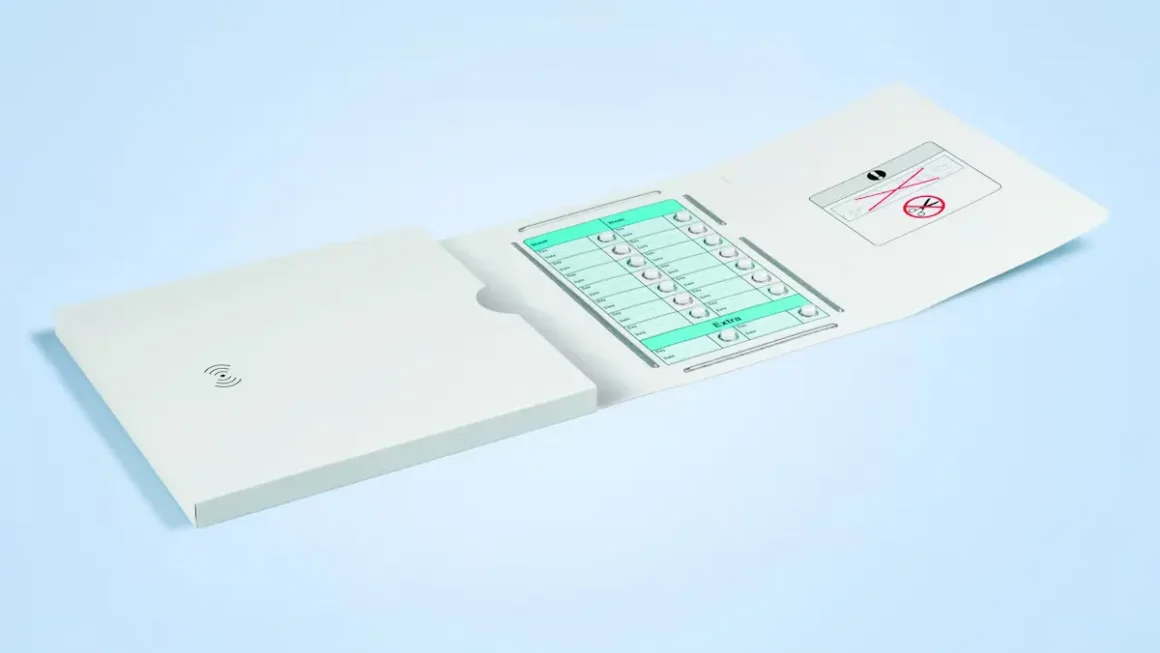Life can get overwhelming at times, and many circumstances can cause enormous amounts of stress or bring on anxiety attacks. While there are medications and treatments to help you manage these intense emotions, sometimes trying more natural methods to cope can be more beneficial. These can be simple things like changes in lifestyle or learning how to focus and calm your mind when you’re in the midst of a stressful situation. Here are a few examples of some holistic methods to try if you’d prefer to take a more natural approach to these issues:
1. Exercise
Exercise is a great way to release tension and work out your frustrations. When you’re engaging in physical activity, feel-good hormones known as endorphins are released in your body, and they will help to naturally calm you down and boost your mood. If you’re struggling with stress or anxiety, try taking a walk or a run or take part in a form of exercise you enjoy. Yoga is particularly good for helping people to relax and for strengthening your core muscles.
2. Diet
A poor diet might also be contributing to your stress levels, so start thinking more carefully about what you’re eating. Often people turn to food as a form of comfort, particularly sweet or salty snacks, or ordering a takeaway as a treat to make themselves feel better. While eating these kinds of foods occasionally won’t do you any harm, if you’re regularly consuming junk food, this will have negative effects on your health, including how you feel mentally. A diet that’s high in salt can increase feelings of tension, and too much sugar can increase energy levels temporarily, but the crash afterward can make you feel lethargic and irritable. Try to maintain a balanced, nutritious diet to help keep your stress and anxiety levels reduced.
3. Mindfulness
Mindfulness techniques, such as meditation, have often been recommended as a way to relax your mind and ease anxiety. It can be difficult for someone who isn’t familiar with the practice to focus on meditation, so starting with guided meditation is a good idea. You can also purchase books with mindfulness strategies to help you if you don’t think meditation is right for you. By quietening your mind and learning how to see things from a different perspective, you should be able to get your feelings of stress and anxiety under better control.
4. CBD Products
The use of CBD products has grown in popularity in recent years, and many people use it to help manage their anxiety. Although these products are made from cannabis plants, it’s important to note that they won’t get you high unless you buy a product that contains THC. The majority of CBD products don’t contain this or have minimal traces that won’t cause this effect. These products can help with anxiety or stress as they can increase your levels of serotonin, which helps to boost your mood. If you’re interested in using CBD to treat your anxiety, speak with your doctor first to get more information and advice.
5. Spend More Time in Nature
Studies have shown that spending more time surrounded by nature has a relaxing effect on people. Escaping from the hustle and bustle of everyday life might be what you need to calm your mind and get some clarity, so escaping to a countryside retreat for a hike or to enjoy some sea air could be beneficial. Even getting outside to walk around your local park and get some fresh air can help to boost your mood.
6. Breathing Exercises
You might be familiar with the idea of taking a deep breath and counting to ten when you’re feeling stressed or irritated, and while this might seem like a pointless exercise, it can make all the difference. There are a few breathing exercises you can explore to help you calm down when you’re feeling agitated. In particular, following specific breathing exercises for anxiety can help you stave off a panic attack if you feel one coming on or help you to cope with other situations that might be making you feel uncomfortable.
7. Journaling or Talking Therapy
Finally, a good way to help manage your feelings of anxiety or stress is by writing them down. A lot of the time, these feelings are exacerbated by bottling things up, so finding some release for your thoughts and emotions will help to provide some relief. Keeping a journal might also help you to identify things that trigger these intense feelings of stress or that bring on a panic attack, helping you to better prepare for them in the future. Alternatively, you may want to consider speaking to a counselor to help figure out what is causing these emotions and to get advice on how to cope with them effectively.
While holistic methods of coping with stress and anxiety might not work for everyone, the techniques above can still be useful for those who are on medication, too. If you want to reduce your stress levels, why not try some of them and see how they can help.




